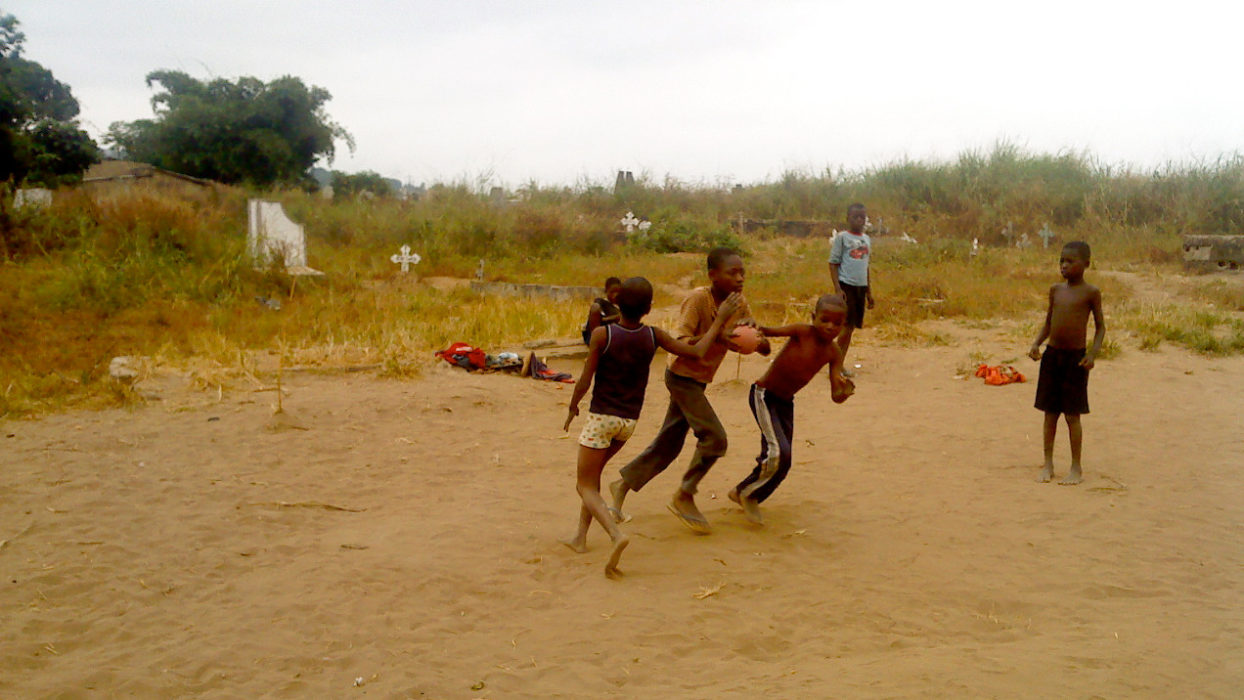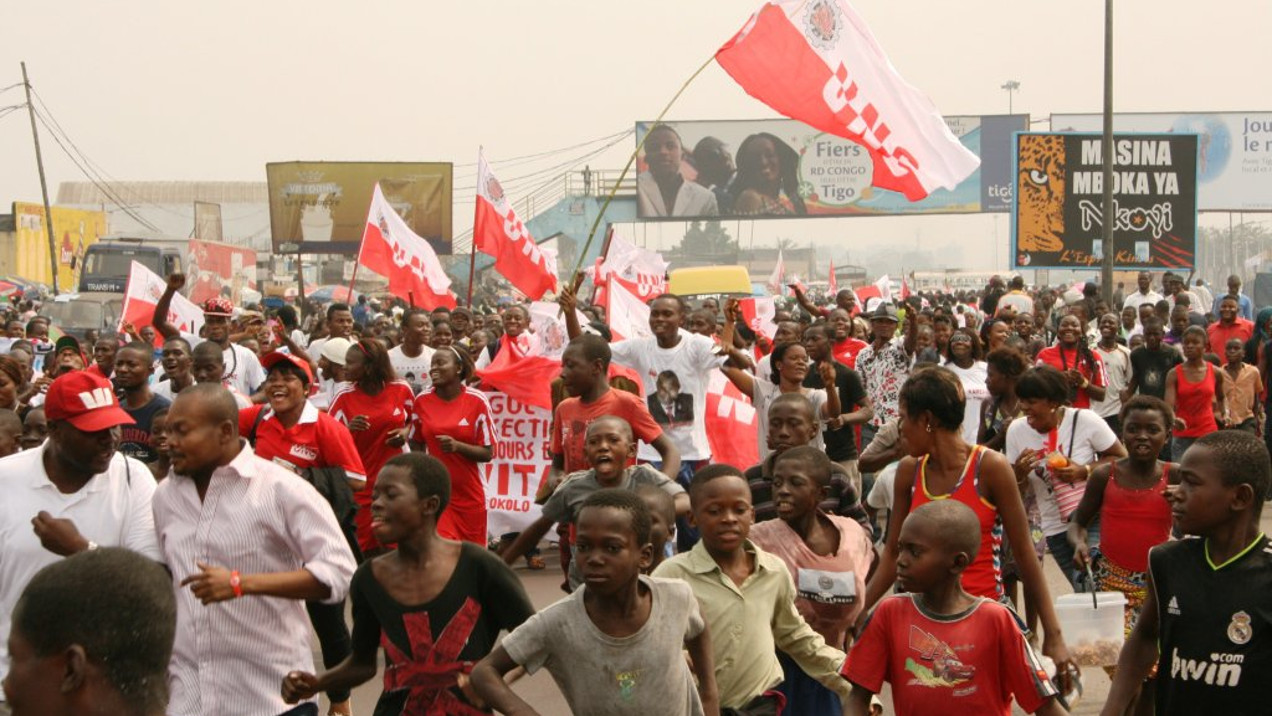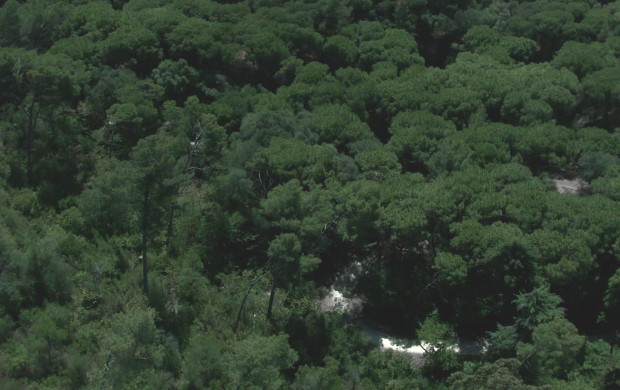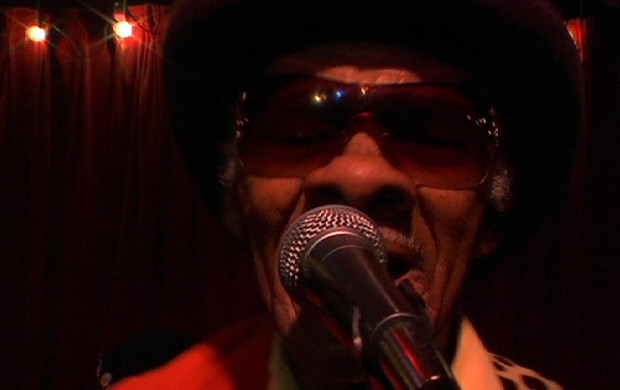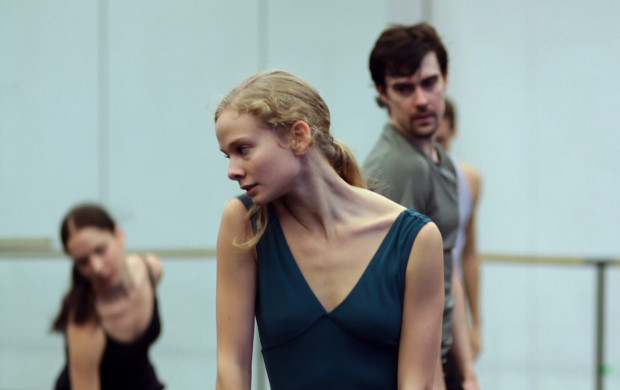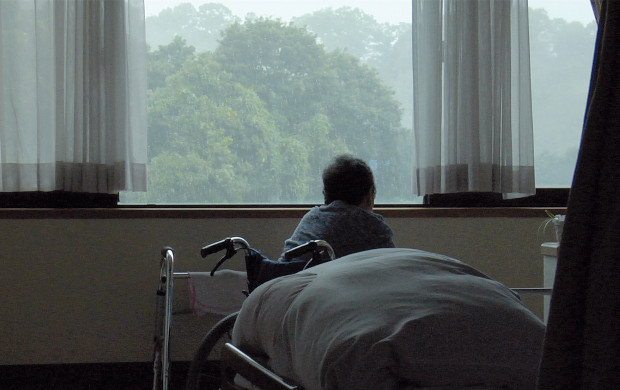ATALAKU
- 2013
- France; Democratic Republic of the Congo
- 60 minutes
- French, Lingala
JORIS IVENS AWARD
The 2011 presidential election is only the second free election since the Democratic Republic of the Congo gained independence in 1960. Gaylor, a penniless (like most of Kinshasa’s nine million inhabitants) pastor turns into an atalaku, which means a “crier” in Lingala. He makes a deal with the political candidate who has offered him the highest price for his services: ensuring the campaign’s street publicity and finding musicians to write the campaign’s song. Atalaku could certainly not have been made by a non-Congolese, given the extent to which the filmmaker becomes one with those he films – he is sometimes summoned to film ballot-box stuffing and the teeming crowd make way for him, dimly aware that having a witness is crucial. The film is constructed so as to show the domino effect between the atalaku and those he pays down the line – musicians, salespeople, dancers – to a point of confusion as Gaylor, who preaches for a very ephemeral god, is blamed for his inability to keep the promises of others. Hamadi’s choice to continue filming two weeks after the election alllowed him to accommodate an epilogue that breaks with this occasionally violent immersion, which also gives the film its force. (Charlotte Garson)
- Production : Mutotu Productions, Walter Films
- Editing : Dieudo Hamadi, Penda Houzangbe
- Photography, sound : Dieudo Hamadi
- Copy Contact : Walter Films - vincent.munie@walterfilms.com
